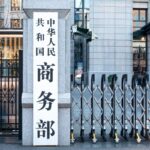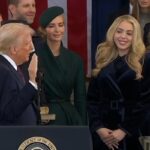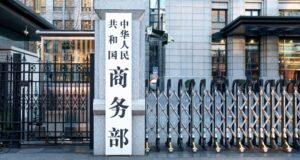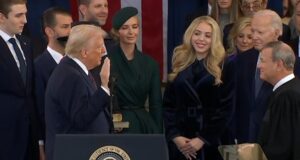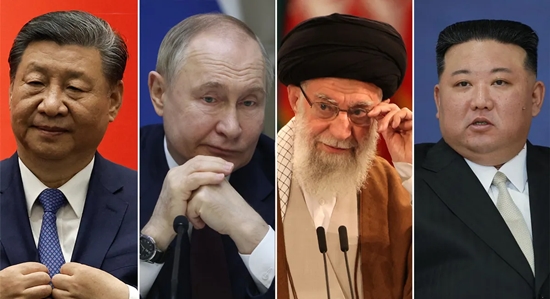
Is TikTok collecting extensive data on Americans?
Is TikTok censoring videos and promoting videos in ways consistent with the agenda of the Chinese Communist Party?
Does parent company ByteDance, based in China, have to answer to the Chinese government (“The Supreme Court Judges TikTok,” The National Interest, January 11, 2025)?
TikTok, which has 170 million monthly American users, is owned by ByteDance, a China-headquartered company, which, in turn, is ultimately susceptible to pressure or control from the Chinese Communist Party. TikTok’s competitive edge…is its proprietary algorithm that ensures that users are recommended videos that anticipate the viewer’s tastes—keeping the user glued to their screen….
In return, TikTok collects an astonishing amount of personal data on its users. As the DC Circuit Court noted in its opinion upholding the ban, “TikTok automatically collects large swaths of data about its users, including device information (IP address, keystroke patterns, activity across devices, browsing and search history, etc.) and location data (triangulating SIM card or IP address data for newer versions of TikTok and GPS information for older versions)…It may also collect image and audio information (including biometric identifiers and biometric information such as faceprints and voiceprints); metadata (describing how, when, where, and by whom content was created, collected, or modified); and usage information (including content that users upload to TikTok).”…
If the American government could control TikTok, you can bet that civil libertarians would (quite rightly) be sounding the alarm about President-elect Donald Trump or potential FBI Director Kash Patel having access to a tool that could covertly manipulate Americans’ news diets or store sensitive personal information. Those concerns hardly diminish given TikTok’s relationship with the Chinese government, which of late has been on a determined march of cyber-based intelligence gathering against American targets.
Author Zac Morgan recognizes “the potential free speech and association risks at issue here” and the long history of “blunderbuss assaults on the Constitution” in response to foreign threats.
But he argues that “the Controlled Applications Act is no Sedition Act,” because it targets only apps produced by companies “controlled by a foreign adversary.”
“In particular, the act is a vast improvement over an earlier legislative draft, the so-called ‘Restrict Act,’ which was less carefully drafted and which would have deserved to be struck down by the courts.”
According to the bill summary, the legislation “prohibits distributing, maintaining, or providing internet hosting services for a foreign adversary controlled application (e.g., TikTok). However, the prohibition does not apply to a covered application that executes a qualified divestiture as determined by the President.”
Controlled by a foreign adversary
For purposes of the legislation, the term “controlled by a foreign adversary” means
with respect to a covered company or other entity, that such company or other entity is—
(A) a foreign person that is domiciled in, is headquartered in, has its principal place of business in, or is organized under the laws of a foreign adversary country;
(B) an entity with respect to which a foreign person or combination of foreign persons described in subparagraph (A) directly or indirectly own at least a 20 percent stake; or
(C) a person subject to the direction or control of a foreign person or entity described in subparagraph (A) or (B).
What is a “foreign adversary country”? These countries turn out to be the same as the countries “specified in section 4872(d)(2) of title 10, United States Code”: North Korea, China, Russia, Iran.
But, says Morgan, the U.S. cannot end the “political warfare carried out by Beijing…through case-by-case defensive legislation,” even if lawmakers could avoid carelessly jeopardizing the rights of Americans (hardly a sure thing).
The U.S. must also retaliate: “If China knew that we would respond in kind to election interference, political warfare, or TikTok manipulations by holding things at risk in China as valuable to the CCP as an American-driven, robust, and open civil society is to us, perhaps Beijing might consider a less hostile path.”
